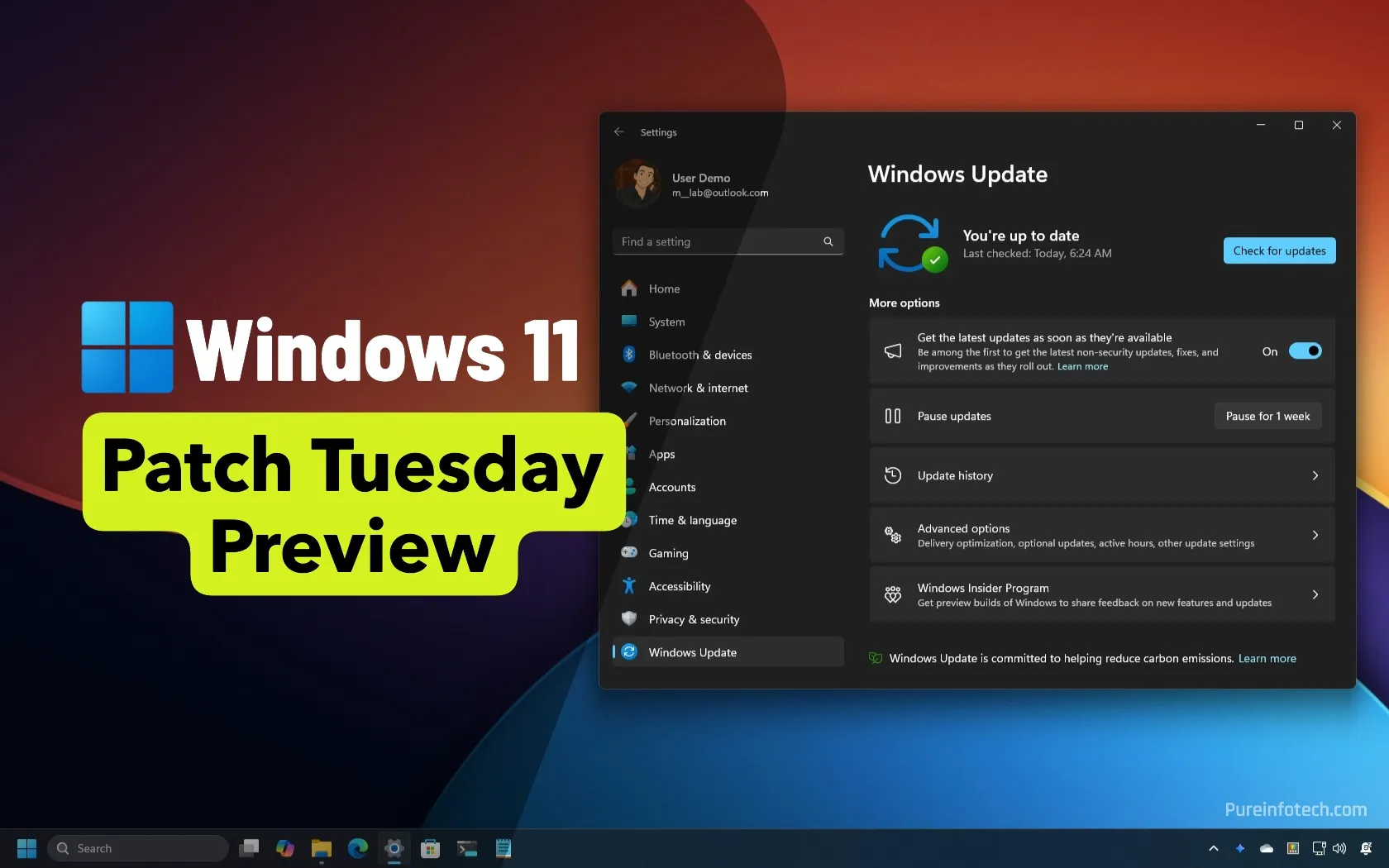Gen Z workers on the fence with RTO mandates: 91% want a balance between remote and in-person work – but some worry they’re missing out on career growth opportunities by not being in the office full-time

With discussions over RTO mandates still raging, Gen Z workers appear to be focused on finding the right balance in their working lives, research shows.
A recent study from Harris Poll and Freeman found over nine-in-ten (91%) Gen Z workers want a mixture of in-person and remote working options, highlighting the continued appeal of flexible work practices.
The findings counters the theory that younger workers prefer online or digital worlds, the study said, with 69% suggesting technology has made them feel more disconnected with others at their company or in the same industry.
This feeling of disconnection is most pronounced in the youngest generations, with 61% and 62% of Millennial and Gen Z members of staff feeling disconnected as a result of technology, respectively.
Gen Z thinks attendance of live events will be beneficial to careers, business relationships, and personal growth, and that technology has been affecting their ability to communicate and connect.
“Gen Z is only a few years into their career, but they’re already expressing concern about their trajectory and growth,” the report reads.
Only around 57% of Gen Z workers felt successful in their careers, compared to 70% of millennials and 66% of Gen X. Meanwhile, 95% of younger workers understand that making personal business connections is important to achieving success in their jobs, but many lack such relationships in comparison with older staff.
The average number of strong business connections made by Gen Z staff is 16, compared to 21 for millennials and 40 for Gen X.
This study aligns with research from last year which found that Gen Z is tired of working from home owing to stunted career growth and a lack of training opportunities. A significant portion (80%) of those surveyed said they want more time in the office on a weekly basis.
Why is Gen Z attracted to in-office work?
While career growth and opportunities are the driving factor behind Gen Z’s fatigue with remote working, Zoe Cunningham, director of software consultancy Softwire, thinks there are a range of issues to consider.
For one thing, remote working conditions are lower for younger workers, who are often situated in smaller rooms or shared housing situations that are not conducive to remote work.
“During the compulsory home working of the pandemic, I discovered that one of my junior team members was trying to work from a shared house where six of them shared four bedrooms. They didn’t even have a private space each in which to take a work call,” Cunningham told ITPro.
Gen Z are also less sufficient in their day-to-day work, Cunningham added. Older staff have more knowledge about their role, but also a better understanding of their organization and how best to approach people in certain situations.
What can businesses do?
Businesses need to make sure the work preferences of generations are harmonized, according to Liz Sebag-Montefiore, director of HR consultancy 10Eighty.
Speaking to ITPro, Sebag-Montefiore said that could mean implementing hybrid models that offer both remote and in-office options, establishing mentorship initiatives in the workplace, or bringing staff members into policy development decisions.
Making sure managers are in the office at the same time as junior staff can also help, said Chris Rea, head of strategic relationships at Prospects for Jisc, as this can help younger workers build the skills they need.
“Being transparent about flexible work opportunities or incredible office facilities and culture can also attract Gen Z to work for a particular company,” Rea told ITPro.
RTO mandates have been a big talking point
Gauging worker sentiment on remote and in-office work has never been more important, as big tech firms mull controversial RTO mandates and workers champion hybrid models.
2024 saw several companies push workers back into the office, with Amazon going so far as to mandate workers come back in for the full five days a week. Dell technologies also made similar RTO demands.
Both firms received backlash from the workforce, with one internal survey at Dell finding a key metric of employee satisfaction had dropped on the back of the new policy.
A similar internal survey at Amazon revealed anger from staff who complained that the RTO mandate would negatively impact their personal lives and do little for productivity.
RTO demands from firms appear to have weakened amid staff backlash, with a study from Flex Index finding only 3% of firms were calling staff back into the office in 2024 compared to 8% the year before.
MORE FROM ITPRO
Source link











